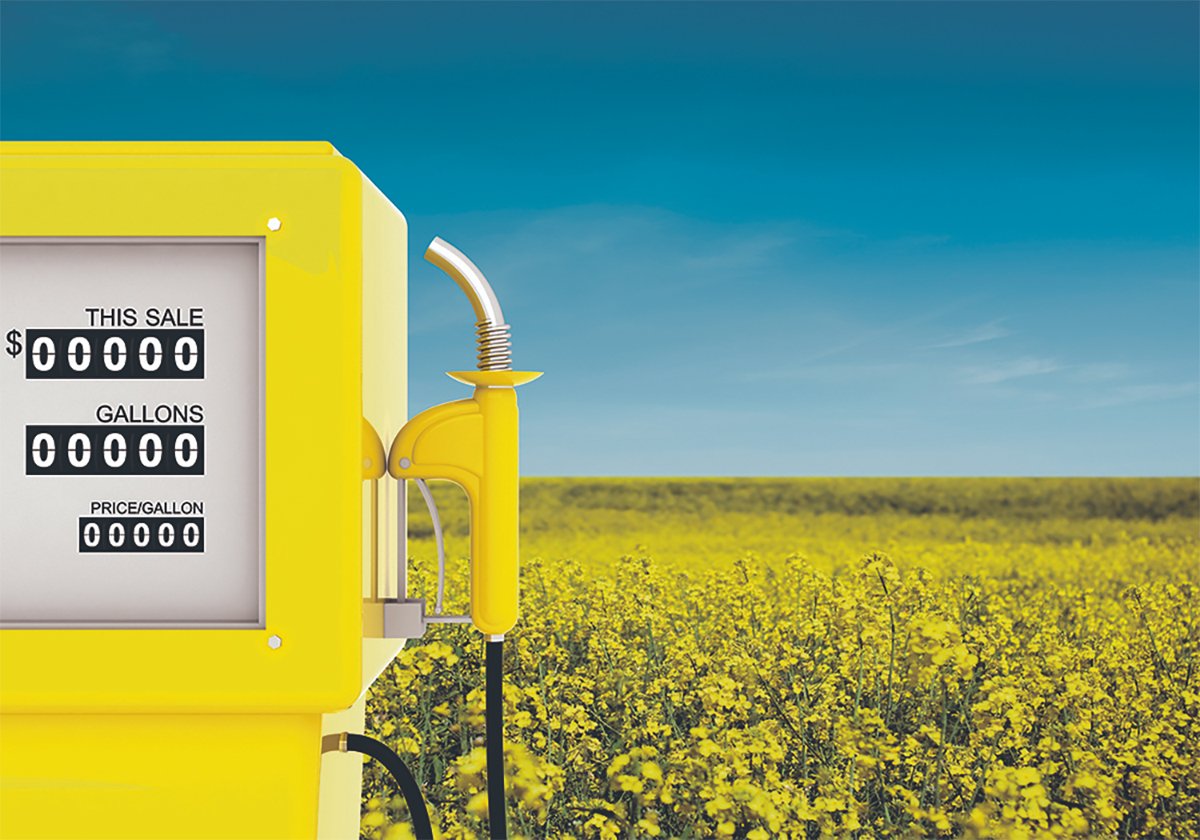Questions are swirling around a record $500,000 penalty levied against Louis Dreyfus Canada Ltd. by the Winnipeg Commodity Exchange for repeatedly breaching its rules.
Neither the exchange nor Dreyfus officials will say much about the fine, which was quietly revealed after a June 12 meeting of the exchange’s disciplinary committee.
“I’m not going to comment on this matter,” said Mike Gagne, the chief executive officer of the exchange. He would only describe in general the WCE’s market surveillance activities.
“It comes to our attention from time to time (that) there are potential rule violations. We will investigate those and if we determine there have been rule violations, we will bring those matters to the disciplinary committee.”
Read Also

Biofuel sector happy with federal budget
Advanced Biofuels Canada says new Biofuel Production Incentive is a lifeline until CFR amendments are in place.
Dreyfus Canada officials did not respond to a Western Producer request for comment.
The fine, far greater than any ever levied by the exchange, is officially for “failing to comply with the provisions of CWE Rule 7D.02 and Annex 17A … by holding futures positions and/or delivery certificates in excess of the allowable speculative position limits while failing to qualify for an exemption under WCE rule 7D.03 and Annex 17A.”
The events occurred between November 2003 and October 2004, when Louis Dreyfus five times exceeded limits on speculative positions on an expiring contract.
Most exchanges have position limits on their futures contracts. The purpose is to ensure no one can manipulate the market by standing for delivery on a huge amount of grain, which could cause cash and futures prices to sharply diverge. Futures contracts work only if market participants feel that futures and cash prices will converge, so any divergence is dangerous to the workings of an exchange.
The exchange has not said whether it investigated the company for market manipulation.
With both the exchange and the grain company unwilling to talk about the matter, people who use the exchange have been left to speculate about what Louis Dreyfus was doing or trying to do when it repeatedly broke the position limits.
Market users contacted for this article agreed that the company or an individual at the company would almost certainly have realized that the limits were being exceeded.
“When those limits are tripped, you get under those limits without fail,” said one.
Market users were left with many unanswered questions.
Was the market harmed by the repeated breaches? If it was, why was there no charge of market manipulation? If this was merely a matter of technical infractions of exchange rules, why the giant fine, which works out to $100,000 per instance?
Some of Canada’s other major grain companies have been disciplined by the exchange over the years, but fines are rare.
Before this $500,000 fine against Louis Dreyfus Canada, the most recent was a Nov. 16, 2005, $5,000 penalty plus $5,000 in costs levied against CIBC World Markets for breaching clearinghouse rules.















